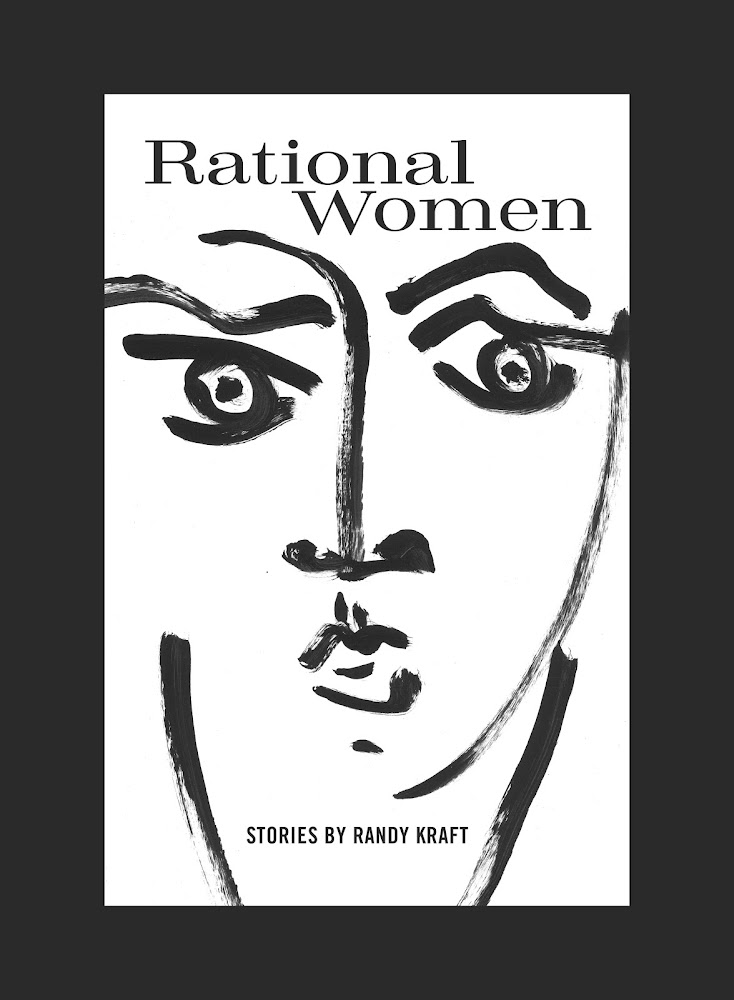A woman, in her
eclectic hometown and the parade of people and thoughts that inspire her.
Vivian Gornick is an expository writer of tremendous gifts –
a memoirist, biographer, historian, literary critic and essayist. The memoirs, the remembrances of
a life-long flaneur, are her best works, and the latest is the best of the
best.
Gornick
turned 80 years old recently and she mines a long life of experience and
observation with a pen turned even sharper with age.
Anyone with
years, and a bit of grit, anyone with a penetrating curiosity and an
appreciation for the eclectic, will love reading this memoir. If you also happen
to come from or find comfort in the street life of New York City, this little
book is a must read. If you are an aged feminist, all the better.
Multiple
interesting characters and one charming, and touching, tale after another fill
these pages, interspersed with the sarcasm and wit of conversations with her
alter ego, a character named Leonard [imagine the sharp-eyed Leonard Cohen
channeling the jaded Oscar Wilde.] He forms a sort of chorus for Gornick’s
reflections, and their shared despairs, a kindred New York spirit with an unembellished
perspective that is often quite amusing.
I appreciate
their friendship as I have a friend like Leonard, whom I also treasure, even
when I want to shake him and say, snap out of it!
If I were
to reprint all the passages I marked, I would include at least half the book. I
offer these as examples of sharp writing and the keen sense of perspective
Gornick brings to her observations.
The children of working-class immigrants who
had neither the time nor the inclination to pay us the attention that was
needed, out in the street we were wild to feel ourselves in the responses we
could evoke in one another. Our games were not really games, they were
exercises in which strength, smarts, cunning, ingenuity, daily determined where
each of us stood in the hierarchy of value and respect in the only society that
mattered: that of the kids on the block.
On Fifty-Seventh Street, one boyish
looking man says to another, “I didn’t realize you were such good friends. What
did she give you, that you miss her so?” “It wasn’t what she gave me,” the
other replies, “it was what she didn’t take away.”
Our inner lives, William James
announced, are fluid, restless, mercurial, always in transition. The
transitions, he speculated, are the reality and concluded that our experience
“lives in the transitions.”
New York isn’t job… it’s
temperament. Most people are in New York because they need evidence – in large
quantities – of human expressiveness; and they need it not now and then, but
every day. That is what they need. Those who go off to the manageable cities
can do without; those who come to New York cannot.
The longer passages are even better
but too long to reprint. Read this elegant smart memoir as a palette cleanser
between book groups or to neutralize the political rhetoric.







